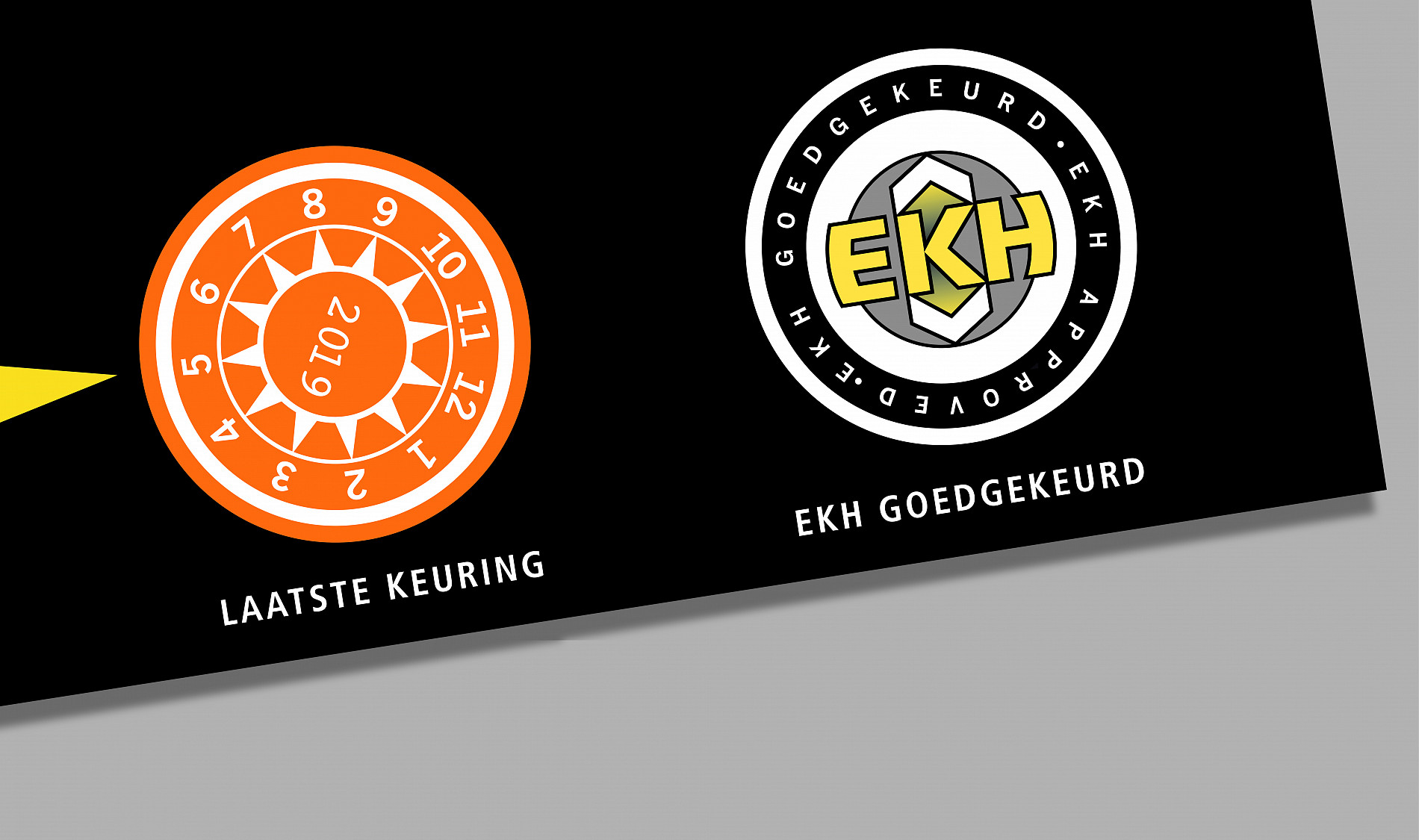Is the EKH approval mark compulsory?

The obligation to have lifting equipment and cranes inspected is often a cause of debate. The same, perhaps even more so, is true of implementation of inspections. The question is regularly asked as to whether EKH inspection is obligatory and. if so, where does the law specify this?
Previously
Previously all this was enshrined in the law. In the past safety laws and safety regulations were extremely detailed and if any questions were left unanswered, special documentation sheets (P-bladen) were published to address these. The agency responsible for inspections, the Inspectie van de Havenarbeid, was “the designated inspectorate”, which oversaw compliance with the regulations. Finally, there was an active and expert Labour Inspectorate which was always on hand to say how things should be done.
A major disadvantage back then was that there was little incentive, neither for the employer nor the employee, to take on responsibility for themselves.
Today
Thanks to the Working Conditions Act some clarity regarding the regulations was finally established. There is a legal obligation to have lifting equipment inspected at least once a year by an expert and to have the results of the inspection set down in writing. However, the law does not specify what must be inspected, the way in which it must take place, or what expertise is required to carry this out.
Whilst there is very much a legal obligation to have lifting gear tested and inspected, the frequency of this is described as being “as often as is necessary to guarantee safety during use” and testing is described as “effectively tested”.
This means that overall responsibility for this lies with the employer. To summarise, this means that the employer must ensure that work equipment is safe and suitable for the purpose (the work) for which it has been designated. The employee must be informed about the proper (i.e. safe) manner of working and the correct use of the work equipment. The employer has a clear duty of care in all of this, must arrange everything and take overall responsibility! As to whether the employer does this in a proper way, this can in fact only be verified when things go wrong, with all the repercussions this may have if it can be shown that this were not the case..
In other words, ambiguity reigns.
Calling in an EKH company can help put an end to this ambiguity. It provides the employer with the assurance that it is able to meet its legal duty of care.